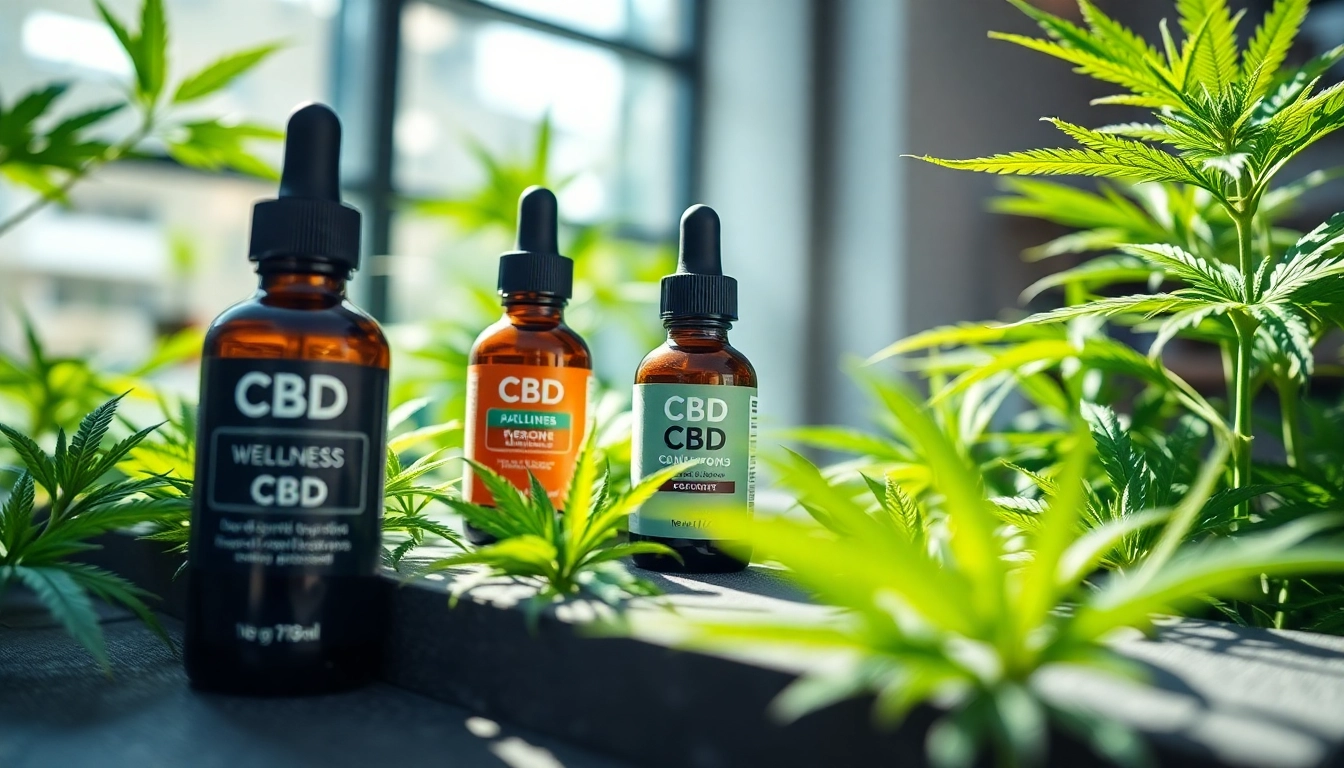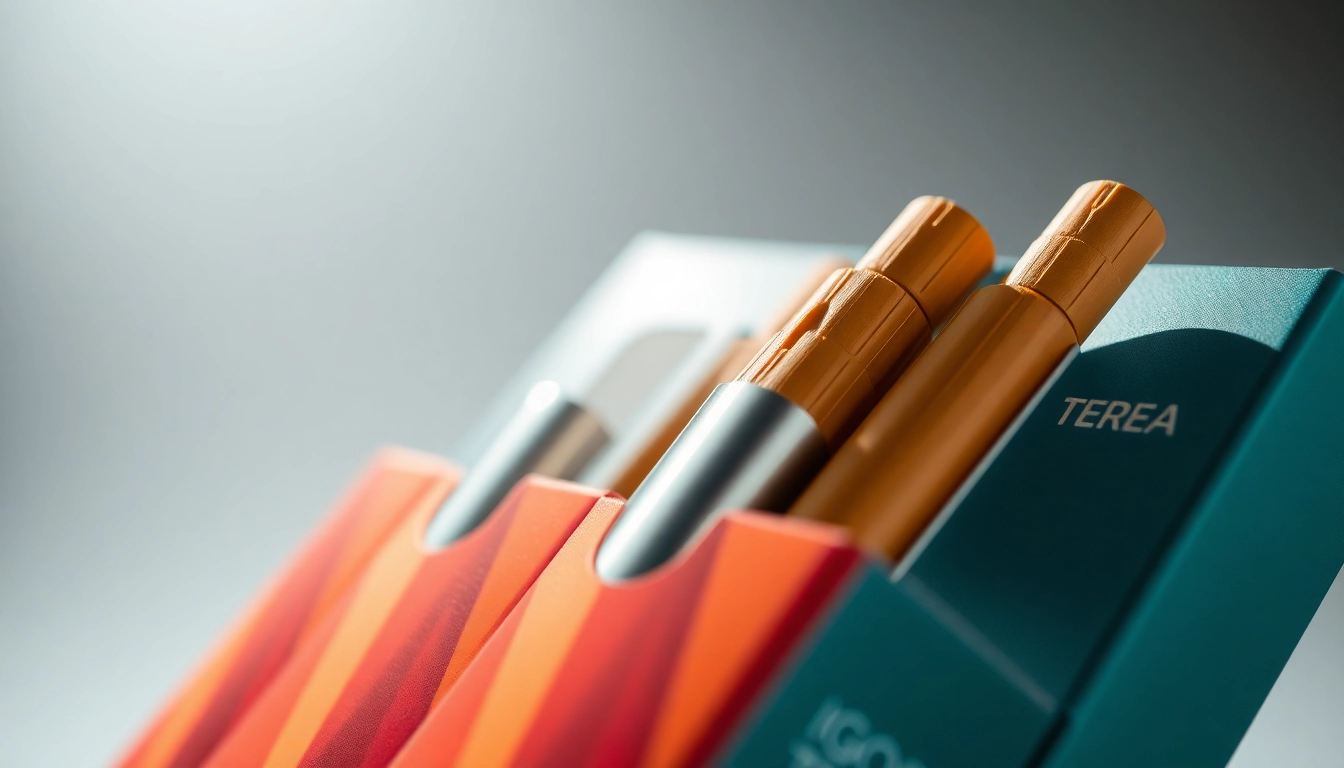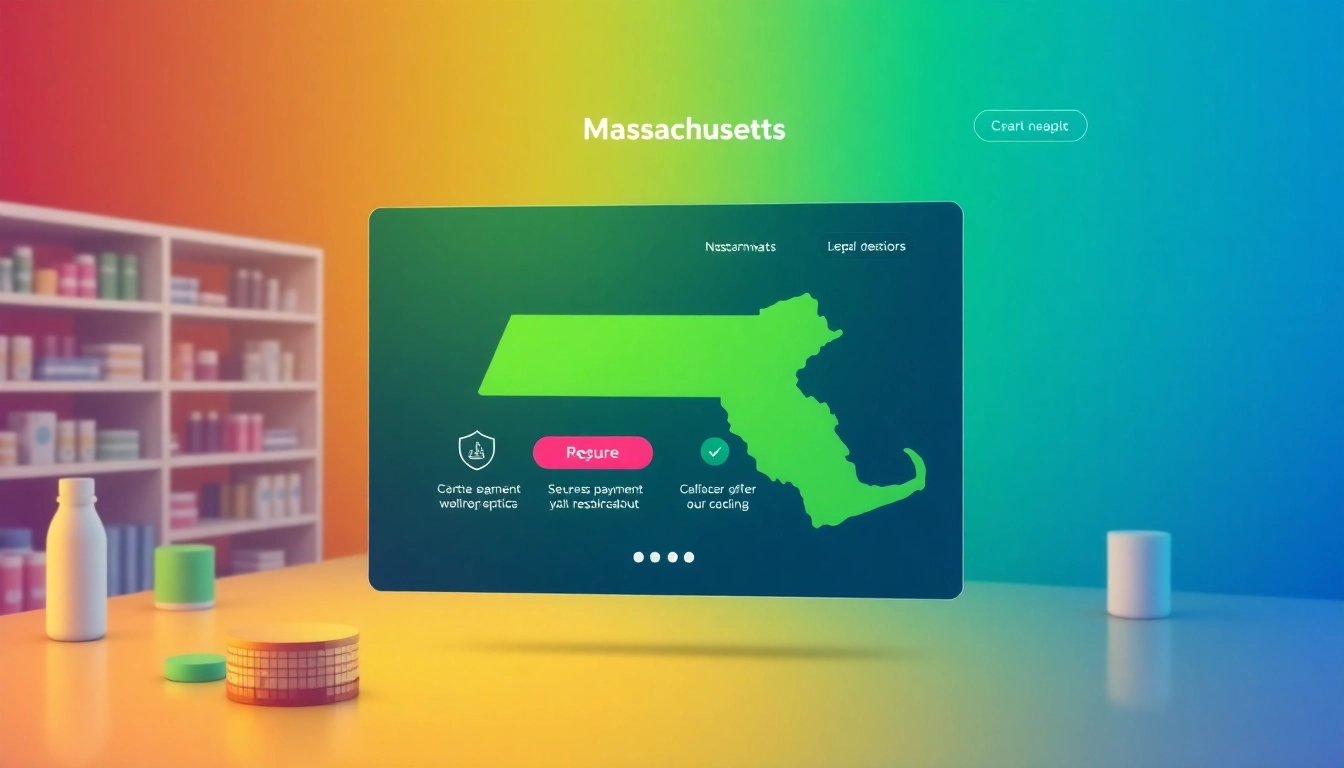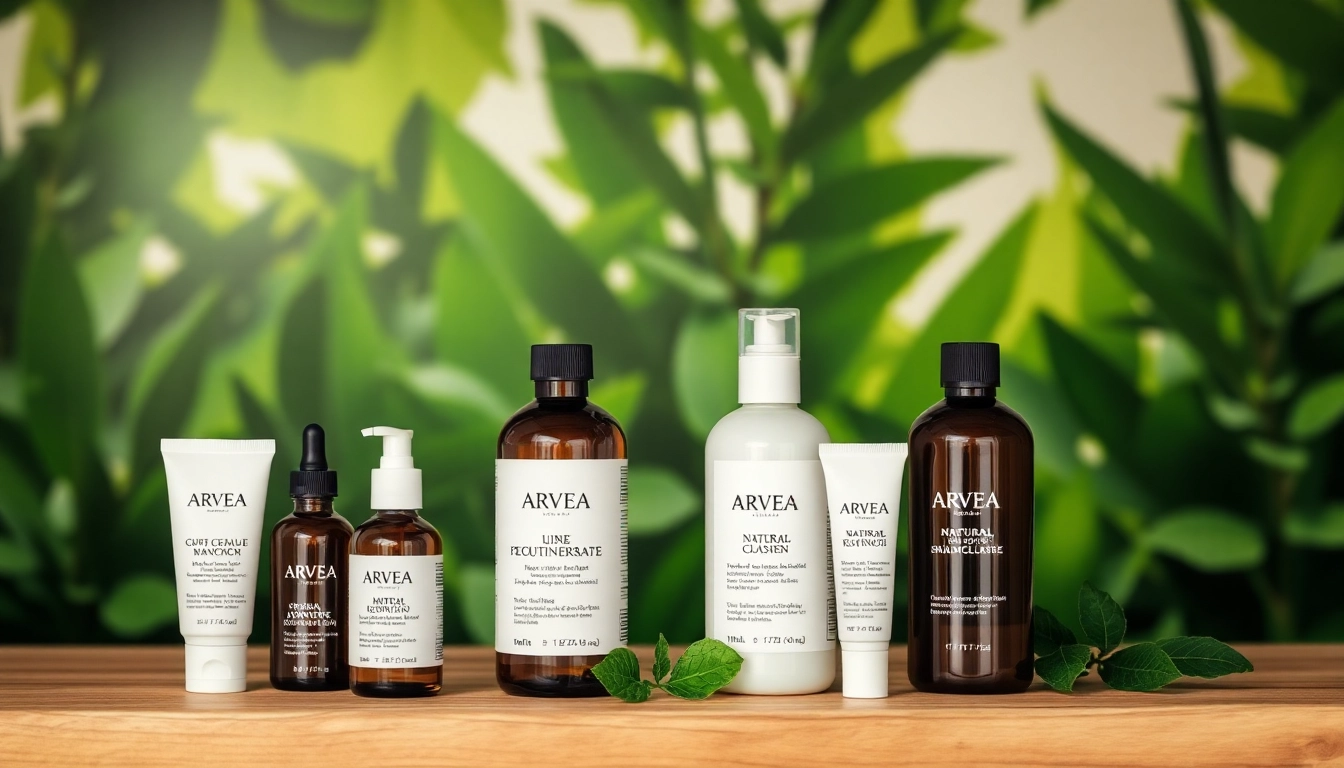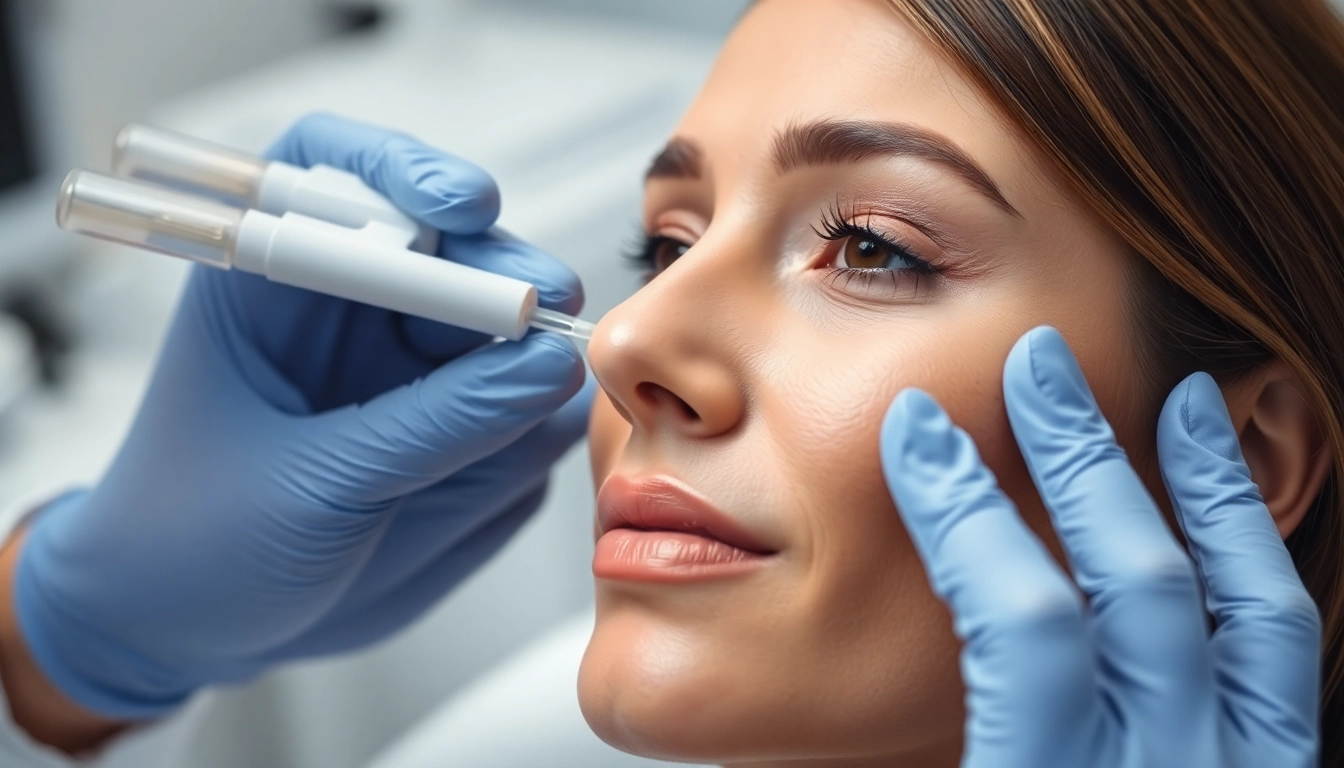Understanding the CBD Market Landscape and Consumer Trends
Overview of Current CBD Industry Growth and Opportunities
The CBD industry has experienced exponential growth over the past few years, transforming from a niche market into a mainstream health and wellness segment. According to industry reports, the global CBD market is projected to reach over $23 billion by 2025, driven by increasing consumer awareness, expanding product offerings, and evolving legal frameworks. This dynamic landscape offers numerous opportunities for entrepreneurs and established brands alike to innovate and capture market share.
Emerging trends such as premium formulations, functional wellness products, and personalized wellness solutions are shaping the future of CBD. Companies that invest in quality, transparency, and consumer education are positioning themselves for sustainable growth. Moreover, regions with favorable regulatory environments are opening new doors for retail expansion, online sales, and strategic partnerships.
For businesses looking to capitalize on this trend, understanding the evolving market landscape—including consumer preferences and regulatory nuances—is essential. Visit CBD for tools designed to support your market insights and operational strategies.
Key Consumer Demographics and Purchasing Behaviors for CBD Products
Understanding who buys CBD and why is fundamental to designing effective marketing and product strategies. The primary demographics include Millennials and Generation X consumers seeking natural remedies, stress relief, and health optimization. Interestingly, recent data indicates an increasing adoption among senior populations, driven by the desire for holistic health options and pain management.
Purchasing behaviors show a preference for transparency, quality assurances (such as third-party lab testing), and product efficacy. Consumers are more inclined to buy from brands that communicate trustworthiness through clear labels, authentic branding, and educational content. Additionally, convenience plays a significant role; online shopping continues to grow, with many consumers researching products extensively before making a purchase.
Emerging trends suggest that personalized CBD regimens—such as targeted formulations for sleep, anxiety, or joint health—are gaining popularity. Recognizing these cues allows brands to tailor their offerings and marketing messages effectively, fostering stronger customer loyalty and higher lifetime value.
Regulatory Landscape and Compliance Essentials in CBD Marketing
The regulatory environment for CBD remains complex and varies widely across jurisdictions. In the United States, the 2018 Farm Bill legalized hemp-derived CBD products with less than 0.3% THC, but federal and state regulations continue to evolve. Compliance involves rigorous testing, proper labeling, and adherence to advertising standards, especially concerning health claims.
For CBD marketers, staying current with regulations is crucial to avoid penalties and protect brand reputation. This includes ensuring their products are sourced from licensed cultivation operations, maintaining transparent supply chains, and avoiding unsubstantiated health claims. Additionally, digital marketing efforts must align with platform-specific policies that restrict certain health-related assertions.
Implementing a comprehensive compliance strategy requires partnering with legal experts, investing in quality control, and educating team members on regulatory updates. Doing so mitigates risks and establishes a credible foundation upon which to build consumer trust and brand authority.
Developing a Successful CBD Brand and Product Line
Creating Quality CBD Formulations That Stand Out
At the core of a successful CBD brand lies formulation quality. Investing in research and development ensures that products deliver consistent potency, bioavailability, and safety. Selecting high-quality hemp sourced from reputable farms, employing strict extraction methods—such as CO2 extraction—and conducting rigorous third-party testing are vital steps.
Brands should explore innovative formulations—combining CBD with complementary ingredients like terpenes, adaptogens, or vitamins—to address specific consumer needs. For example, sleep aid formulas with melatonin or stress-relief blends with calming botanicals can enhance product appeal and differentiation.
Transparency about sourcing, extraction methods, and lab results builds consumer trust. Utilizing clear, detailed lab reports and certificates of analysis (COAs) on product packaging or websites fosters credibility and encourages repeat purchases.
Branding Strategies to Build Trust and Authority in the CBD Space
Building a reputable CBD brand involves cultivating authenticity, clarity, and authority. Establishing a compelling brand story that emphasizes quality, transparency, and consumer wellness resonates deeply with health-conscious buyers. Consistent visual branding, educational content, and active engagement foster recognition and loyalty.
Partnerships with trusted healthcare professionals, wellness influencers, and industry experts can elevate credibility. Certifications from reputable organizations and adherence to industry standards further reinforce your authority.
Leveraging storytelling—sharing customer success stories, behind-the-scenes manufacturing processes, and educational materials—can differentiate your brand and foster community trust.
Designing Packaging That Appeals to Health-Conscious Consumers
Packaging plays a crucial role in attracting health-conscious shoppers. Modern CBD packaging should combine aesthetic appeal with functionality and transparency. Minimalist designs that emphasize purity, natural ingredients, and eco-friendliness are trending.
Use of sustainable materials, clear labeling of CBD content, dosage instructions, and safety warnings demonstrate commitment to consumer health and environmental responsibility. Incorporating QR codes linked to lab results or educational resources offers added transparency and engagement.
In retail environments and online stores, packaging that stands out on shelves and is convenient to use can significantly influence purchase decisions. By aligning packaging design with your brand values, you reinforce your position as a trustworthy pioneer in the CBD industry.
Effective Digital Marketing Techniques for CBD Companies
Leveraging SEO to Enhance Visibility for CBD Products
Search Engine Optimization (SEO) is a cornerstone of digital visibility. Given the competitive landscape, keyword research that includes both broad and niche terms—such as “certified organic CBD oil” or “full-spectrum CBD for anxiety”—is essential. Creating high-quality, educational content that answers common questions helps improve rankings and attracts organic traffic.
Implementing local SEO tactics, optimizing product pages with detailed descriptions and structured data, and earning authoritative backlinks are strategies to boost search engine presence. Ensuring your website is optimized for mobile devices and loads quickly enhances user experience and search rankings.
Remember, SEO for CBD requires a nuanced approach to navigate advertising restrictions but focusing on educational content and organic search traffic remains highly effective.
Content Marketing Ideas That Educate and Convert Prospects
Effective content marketing centers on educating consumers and building brand authority. Blog articles covering topics like CBD benefits, usage guides, safety tips, and legal updates engage audiences and position your brand as a thought leader.
Creating video tutorials, customer testimonials, and webinars enhances credibility and provides shareable content. Interactive tools such as dosage calculators or quiz-based product recommendations can personalize the shopping experience and increase conversions.
Consistent content strategy aligned with consumer pain points and interests helps nurture leads through the sales funnel, ultimately converting prospects into loyal customers.
Maximizing Social Media Engagement for CBD Brand Awareness
Social media provides a powerful platform for brand storytelling, community building, and real-time engagement. Platforms like Instagram, Facebook, and TikTok are ideal for visual content, inspiring stories, and influencer collaborations.
Ensuring compliance with platform policies while promoting educational content, customer stories, and product highlights can boost organic reach. Employing targeted advertising, using relevant hashtags, and engaging with comments foster community and visibility.
Partnering with wellness influencers and creating user-generated content encourages endorsement, trust, and word-of-mouth promotion. Consistent, authentic engagement helps establish your brand as a leader in the CBD space.
Sales Channels and Distribution Strategies
Building an eCommerce Platform Optimized for CBD Sales
A robust eCommerce platform is essential for reaching consumers directly. Optimization involves intuitive navigation, detailed product descriptions, secure checkout processes, and mobile responsiveness. Incorporating detailed lab reports and customer reviews enhances trust.
Implementing seamless payment options that comply with industry regulations, along with marketing automation tools for abandoned cart recovery, can improve conversion rates. Logistics considerations such as reliable fulfillment and clear shipping policies are equally critical.
Partnering with Retail Outlets and Wellness Providers
Physical retail presence remains vital for brand visibility. Forming strategic partnerships with health food stores, gyms, wellness clinics, and pharmacies can increase product accessibility. Educating retail staff ensures consistent messaging and proper product handling.
Offering wholesale discounts, merchandising support, and co-branded marketing initiatives helps foster long-term relationships with brick-and-mortar partners, expanding your market reach and credibility.
Utilizing Affiliate Marketing and Influencer Collaborations
Affiliate marketing extends your reach by leveraging trusted voices. Developing attractive commission programs and providing partners with high-quality promotional assets incentivizes promotion.
Influencer collaborations can quickly amplify brand awareness, especially when partnered with wellness advocates whose audiences align with your target market. Authentic endorsements and transparent disclosures are key to maintaining credibility.
Measuring Success and Scaling Your CBD Business
Key Performance Indicators (KPIs) for CBD Marketing
Tracking KPIs such as website traffic, conversion rates, customer acquisition cost, lifetime value, and repeat purchase rate provides insight into business health. Monitoring social media engagement, email open rates, and content performance further refines marketing strategies.
Utilize analytics tools like Google Analytics, social platform insights, and eCommerce dashboards to gather actionable data and adjust campaigns accordingly.
Implementing Customer Feedback for Product Improvement
Listening to customer reviews, surveys, and direct feedback enables continuous product refinement. Addressing concerns transparently and incorporating suggestions fosters loyalty and improves product-market fit.
Encouraging user-generated content and reviews also provides authentic social proof, boosting credibility for new prospects.
Strategies for Scaling Operations and Expanding Market Reach
Successful scaling involves expanding product lines, entering new geographic markets, and increasing marketing channels. Streamlining supply chain operations, investing in automation, and hiring specialized personnel support growth.
Building strategic partnerships and pursuing certifications or memberships within industry associations can enhance your brand’s reputation and open additional markets.
